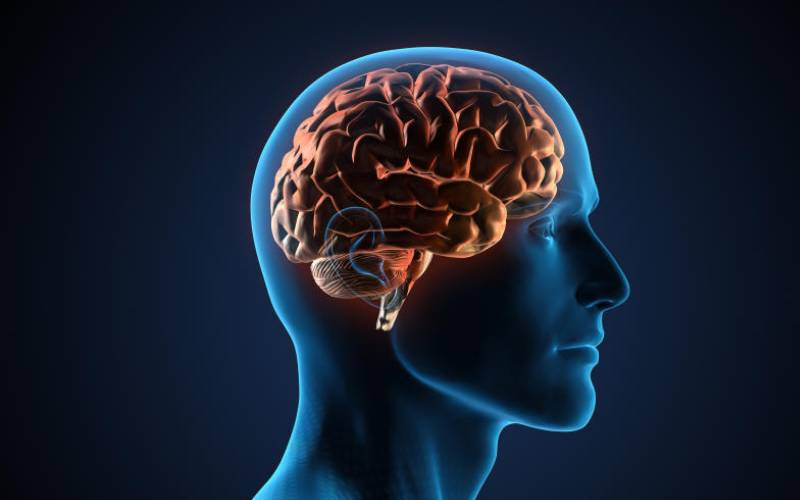
In our quest for productivity and convenience, we often pick up habits that feel harmless but may be silently ageing our brains. While wrinkles and grey hair are visible signs of growing older, cognitive decline can creep in unnoticed, years before it becomes obvious.
Brain ageing doesn’t wait until retirement. The Women’s Brain Initiative at Weill Cornell Medical College warns that decisions made in your 20s, 30s and 40s can have long-term consequences on memory, concentration and mental sharpness, as brain changes associated with cognitive decline often begin decades before any symptoms appear.
Here are six common habits that could be putting your brain health at risk, and what to do instead:
- Skipping sleep – The brain fog culprit
Sleep isn’t just ‘nice to have,’ it’s your brain’s housekeeping time. When you miss out on deep sleep, your brain struggles to clear out toxins that build up during the day. Adults need seven to nine hours of quality shut-eye.
- Sitting too much – When couch comfort backfires
Ever heard the phrase, sitting is the new smoking? Regular exercise helps produce brain-friendly chemicals like BDNF (brain-derived neurotrophic factor), which protect against cognitive decline.
- Mental coasting – Not using your brain enough
Just like muscles, your brain needs a workout. Repeating the same routine without mental challenges can lead to sluggish thinking. Try learning a new skill, picking up a hobby or doing puzzles.
- Doom scrolling and isolation – Brain shrinkers in disguise
Loneliness isn’t just sad, it’s dangerous. Research by the World Health Organisation shows that social isolation increases the risk of dementia by up to 50 per cent. So pick up the phone, not for a scroll, but for a chat with someone you care about.
- Diet disasters – Feeding the brain junk
Sugary snacks, greasy fast food and fizzy drinks may taste good, but they wreak havoc on your brain. Swap in leafy greens, berries, nuts and oily fish to fuel better focus and memory.
- Chronic stress – The invisible brain drainer
Stress isn’t always bad, but constant pressure can literally shrink parts of your brain.
The hormone cortisol, released when you’re stressed, can damage the hippocampus, the memory centre of your brain. Deep breathing or even journaling can help restore balance.
 The Standard Group Plc is a
multi-media organization with investments in media platforms spanning newspaper
print operations, television, radio broadcasting, digital and online services. The
Standard Group is recognized as a leading multi-media house in Kenya with a key
influence in matters of national and international interest.
The Standard Group Plc is a
multi-media organization with investments in media platforms spanning newspaper
print operations, television, radio broadcasting, digital and online services. The
Standard Group is recognized as a leading multi-media house in Kenya with a key
influence in matters of national and international interest.
 The Standard Group Plc is a
multi-media organization with investments in media platforms spanning newspaper
print operations, television, radio broadcasting, digital and online services. The
Standard Group is recognized as a leading multi-media house in Kenya with a key
influence in matters of national and international interest.
The Standard Group Plc is a
multi-media organization with investments in media platforms spanning newspaper
print operations, television, radio broadcasting, digital and online services. The
Standard Group is recognized as a leading multi-media house in Kenya with a key
influence in matters of national and international interest.















